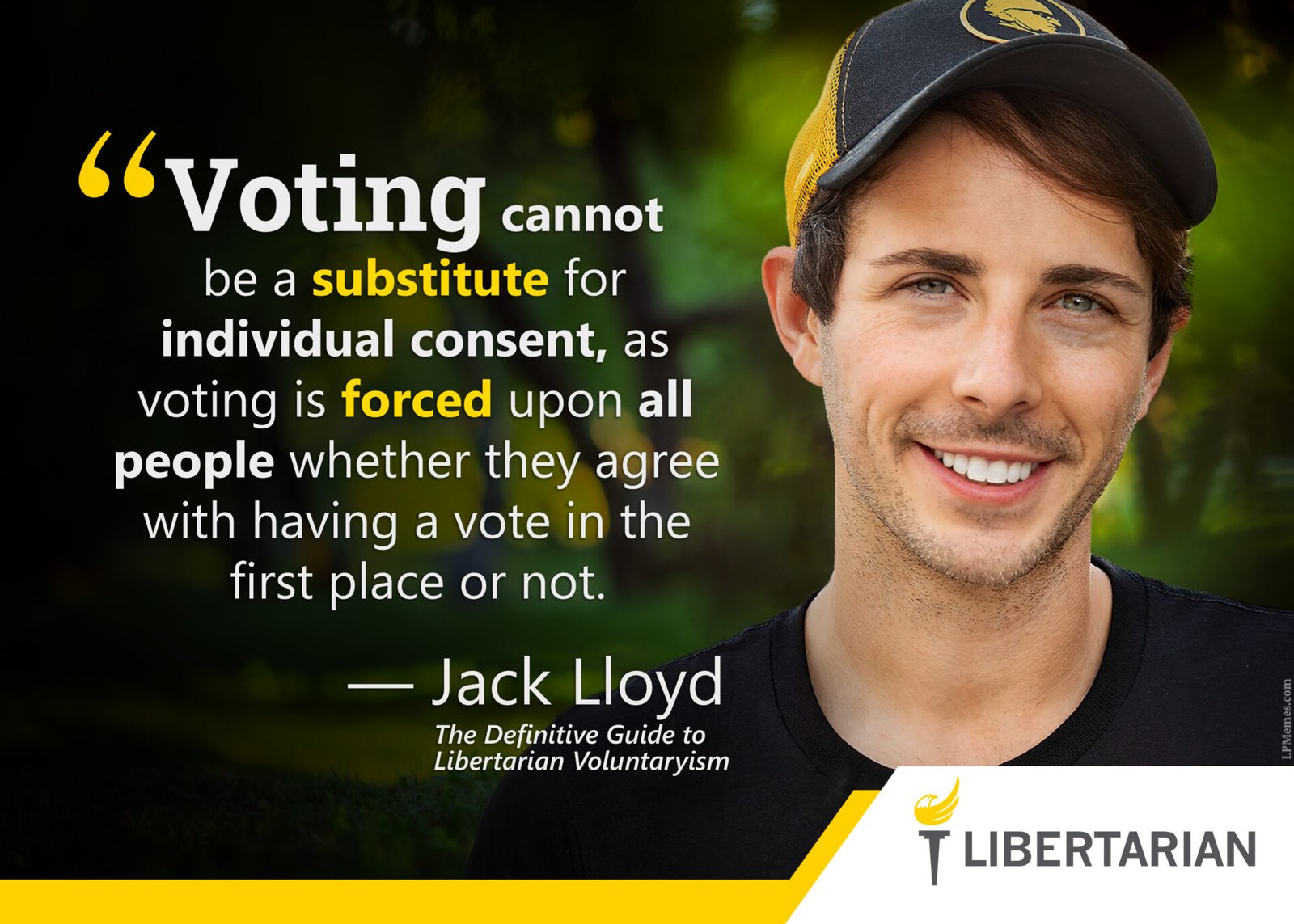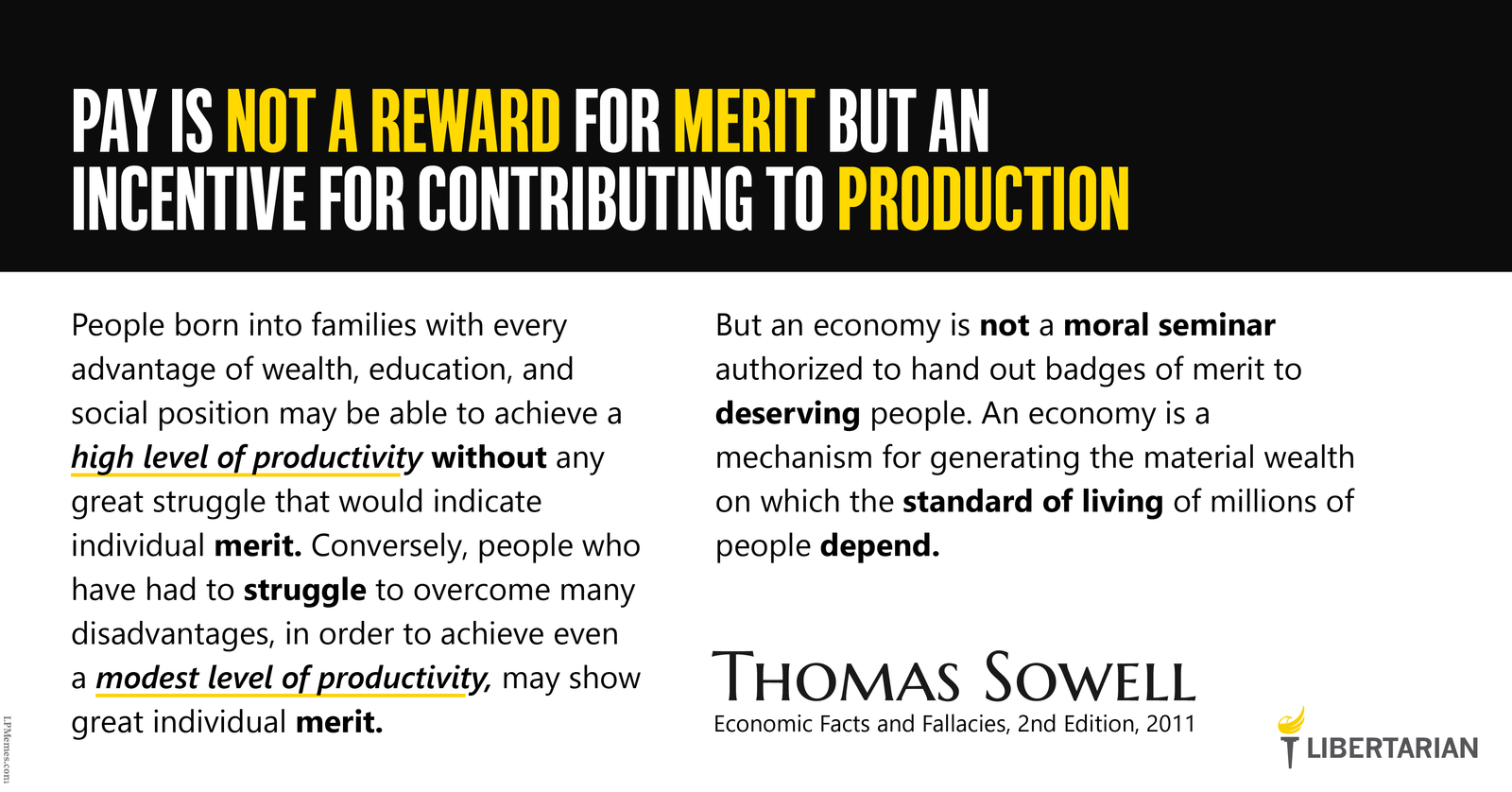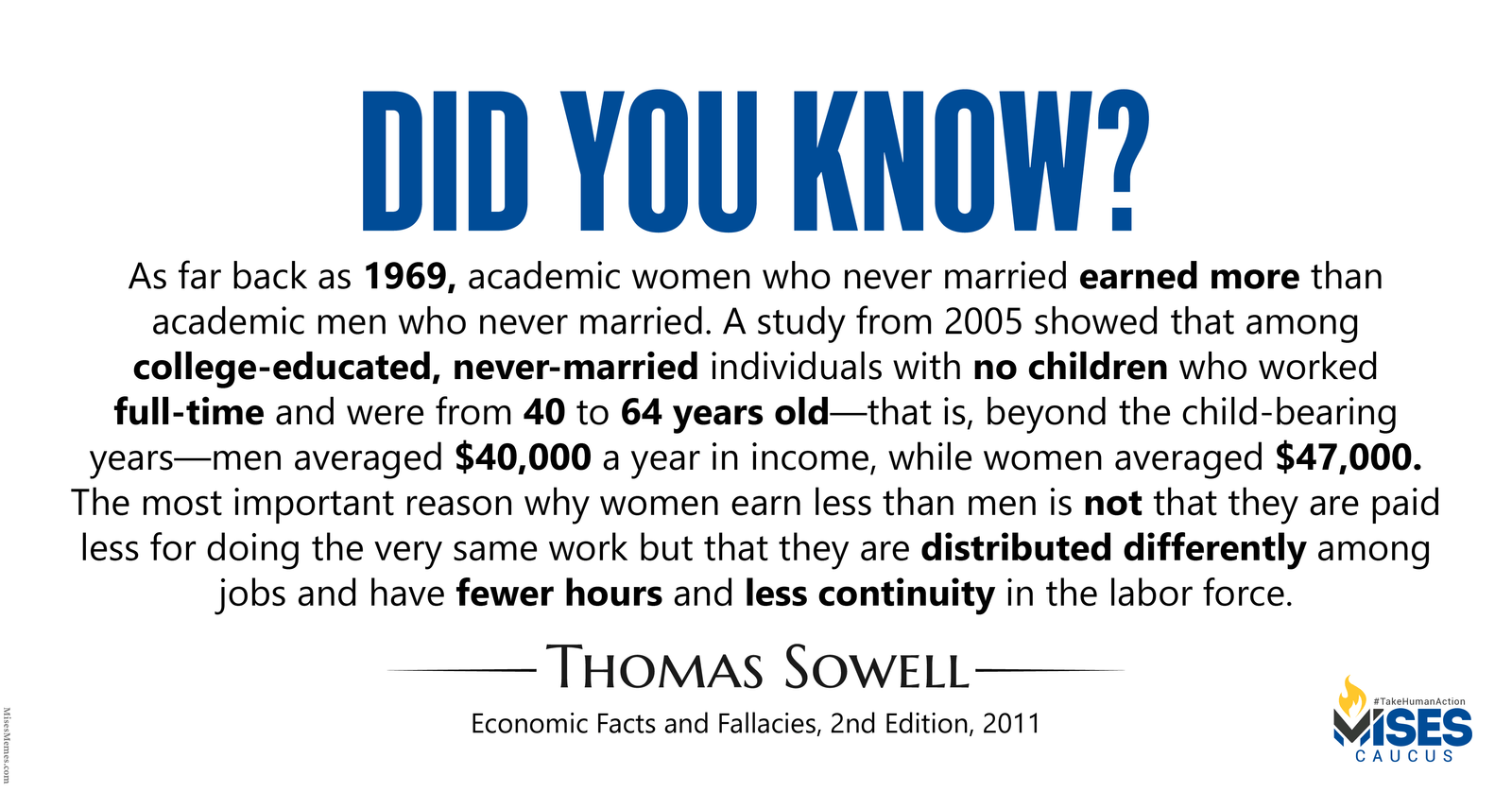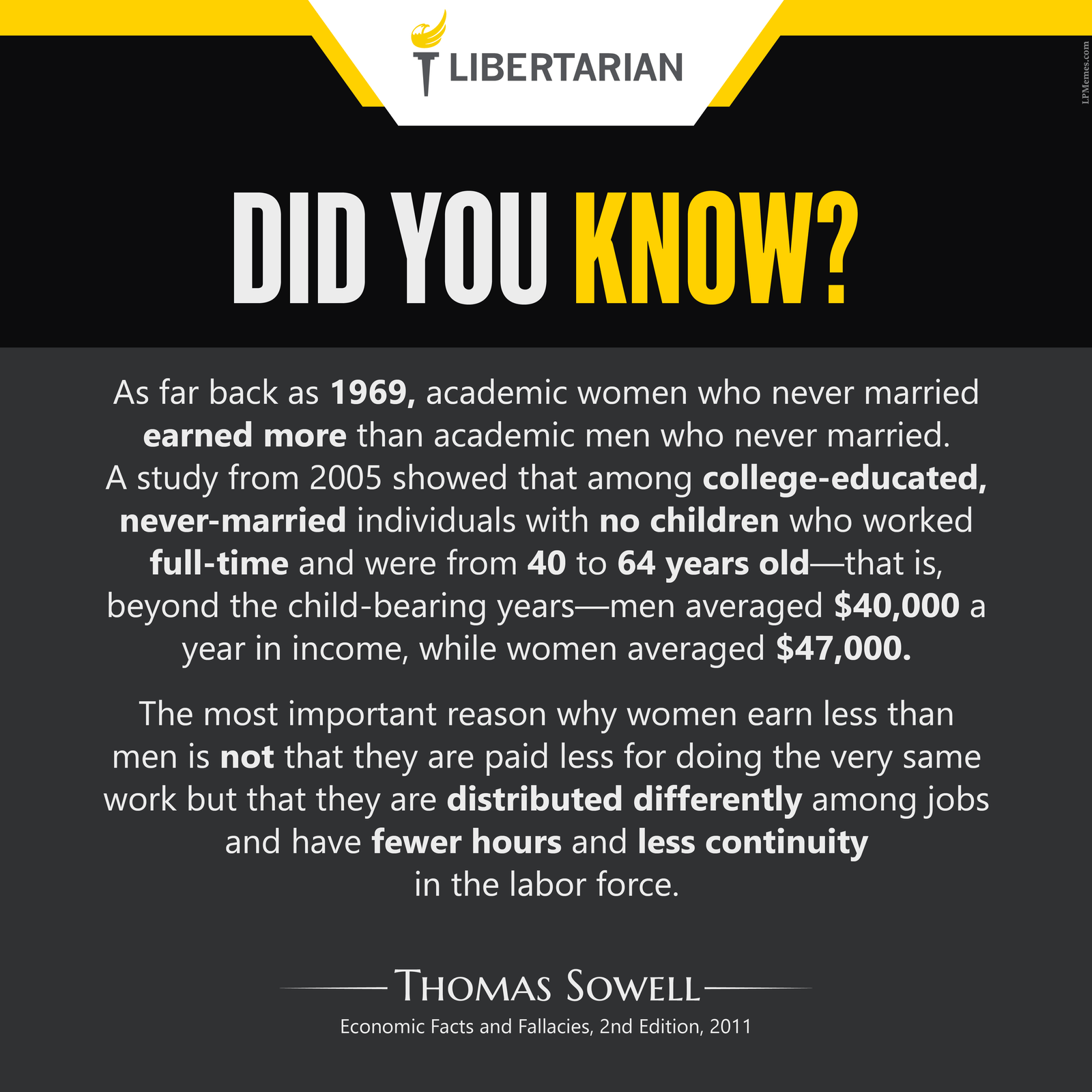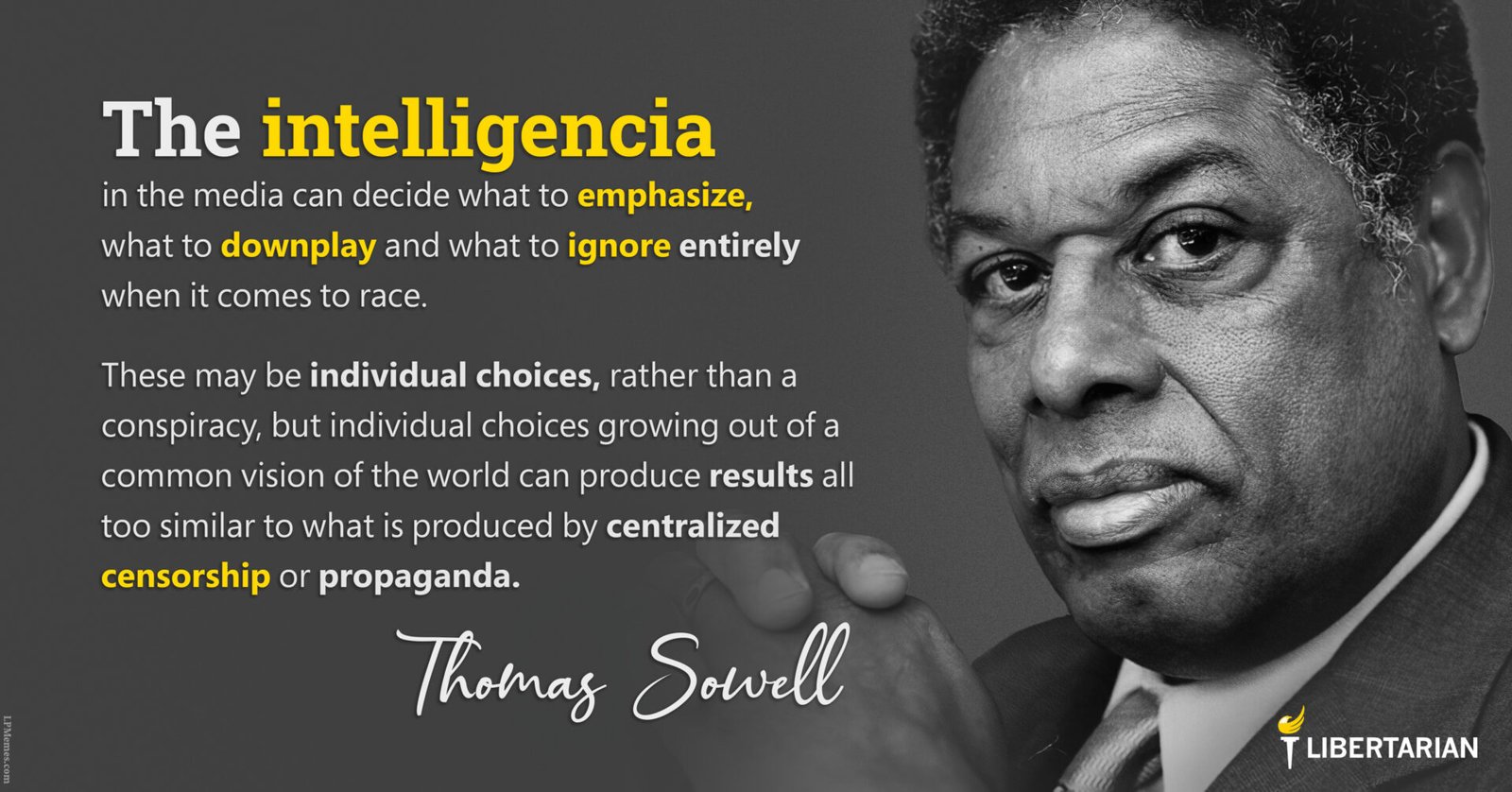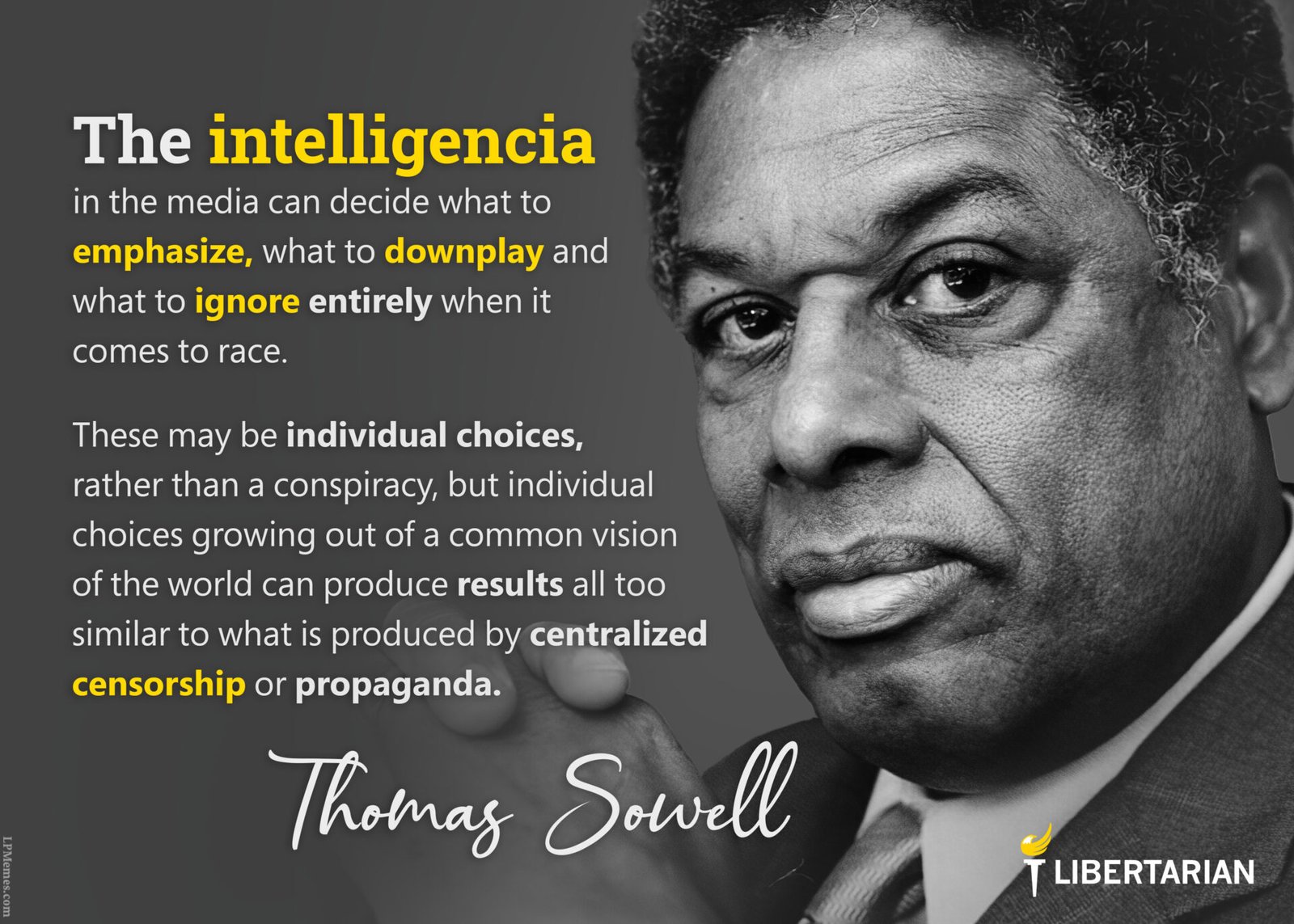As far back as 1969, academic women who never married earned more than academic men who never married. A study from 2005 showed that among college-educated, never-married individuals with no children who worked full-time and were from 40 to 64 years old—that is, beyond the child-bearing years—men averaged $40,000 a year in income, while women averaged $47,000. The most important reason why women earn less than men is not that they are paid less for doing the very same work but that they are distributed differently among jobs and have fewer hours and less continuity in the labor force. —Thomas Sowell






